

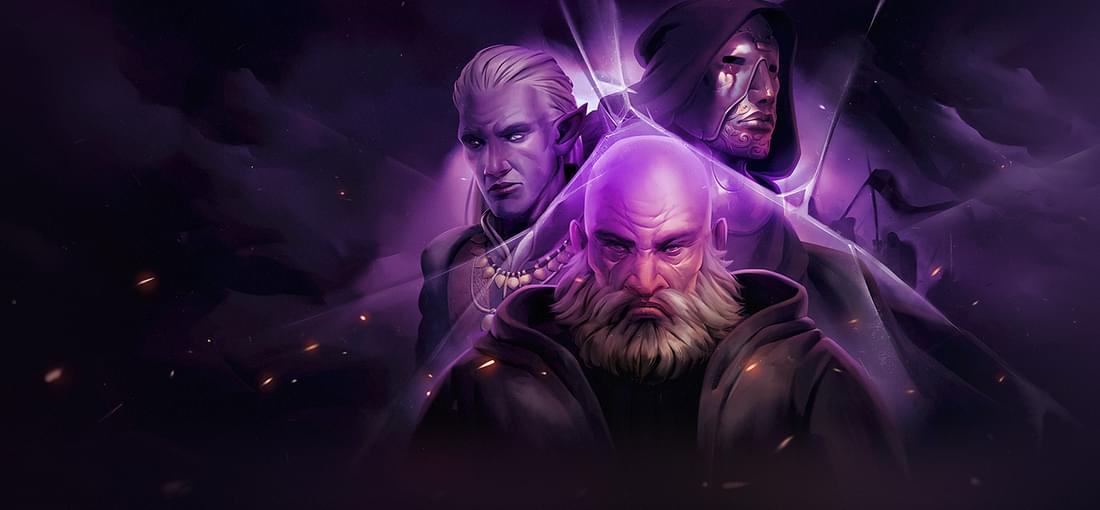
I have finished the prologue part at this moment. First of all, I despise all this pixel-mania that grips the gaming industry for too long now, but even to me the pixelated graphics of Stoneshard look great! Voice acting and the well-written dialogs create believable characters that add to the thick atmosphere. Books and notes that you find look very natural in the setting. Gamewise Stoneshard is a somewhat demanding experience. The enemies are tough, every mistake might cost you a lot of healing resources. You have to show care for your character's morale and sanity. This is also a bit of survival game as you'll need to look for food and water - or suffer serious debuffs. Even saving your game requires an inn or a camp. I see that many people are angry at this save-mechanics, but on the other hand it makes you truly consider the options even before the minor encounters and it adds to the importance of the choices that you make. Storywise it seems that you'll have to deal with a number of cults and various factions each of which has their own agenda. I'm really looking forward to find out more about the politics and religion of the Stoneshard world.
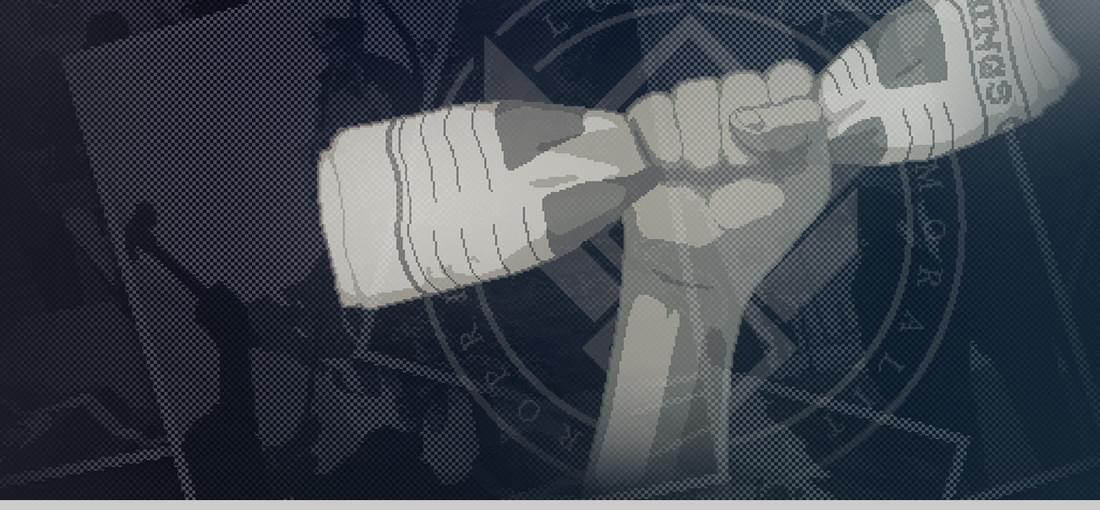
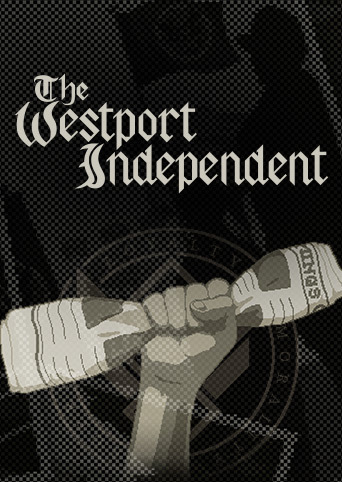
The idea is great. You are an editor of a newspaper in a country that slides slowly into authocracy. Before your newspaper gets nationalized you have several weeks to stir a revolution in the capital city using only the power of the words. Every week you pick the topics for your newspaper, you plan the distribution among several districts (each with its own specific social class in it) and manage your staff. The problem is that so many concepts of the game have rather superficial execution. You pick the titles for the articles, but in most cases it's either scandalous or very factual title - there is not much of an actual choice. You plan advertising for the districts, but you don't manage the actual budget. Oh it would be such a great thing to buy your journalists out of the prison if they get arrested, but no, you don't get such a chance. And there are many interesting factions at play, not just the government. But the government seems to be the only one to actually have any kind of influence. For example, I've published half a dozen articles about some mafia-ish business conglomerate and all they did - threatened me with a letter. The game is very short. You can make a full run-through in about 40 minutes, so in one eveining you can try several different approaches to destroy the regime. If only this challenge had a bit more depth.
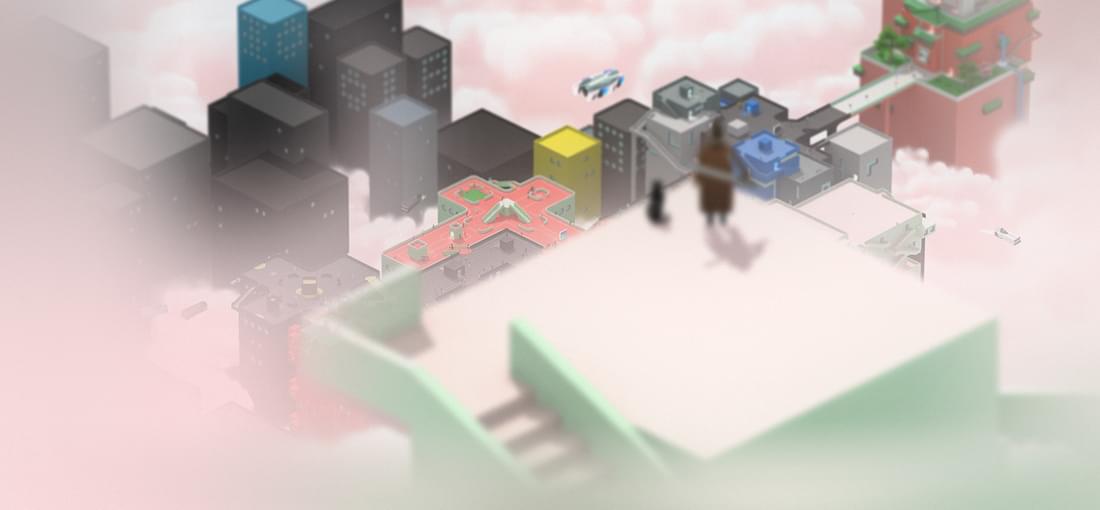
If you miss games like GTA2 or Hotline Miami, then Tokyo 42 is definitely a good game to try. It has an open world - basically the rooftops of some kind of a futuristic city. The city is controlled by a number of weird gangs (like nudists). The protagonist travels around these rooftops doing crime-jobs for various characters, much like in GTA, but the world here is more radiant-looking and picturesque. The combat is fast-paced, but the bullets are slow, so at a certain point the shoot-outs look somewhat like a puzzle. There is a variety of weapons, each type useful in a different kind of situation. What is not so good about the game? There is the main idea of changing the isometric perspective. You can change the angle of the camera and at first it seems to be interesting. But in all the missions that involve timer, this whole angle thing becomes a torment. You get stuck on street furniture and lose the task altogether because you didn't shift the camera fast enough. Also, I realize this is an indie title and all, but this vibrant rooftop world has such a great potential while being somewhat shallow as the story unfolds. There is so much more to tell about all of these gangs and evil corporations, but so often they are just there - without much of a backstory or agenda. Still, I think, it's a good game for an evening or two.
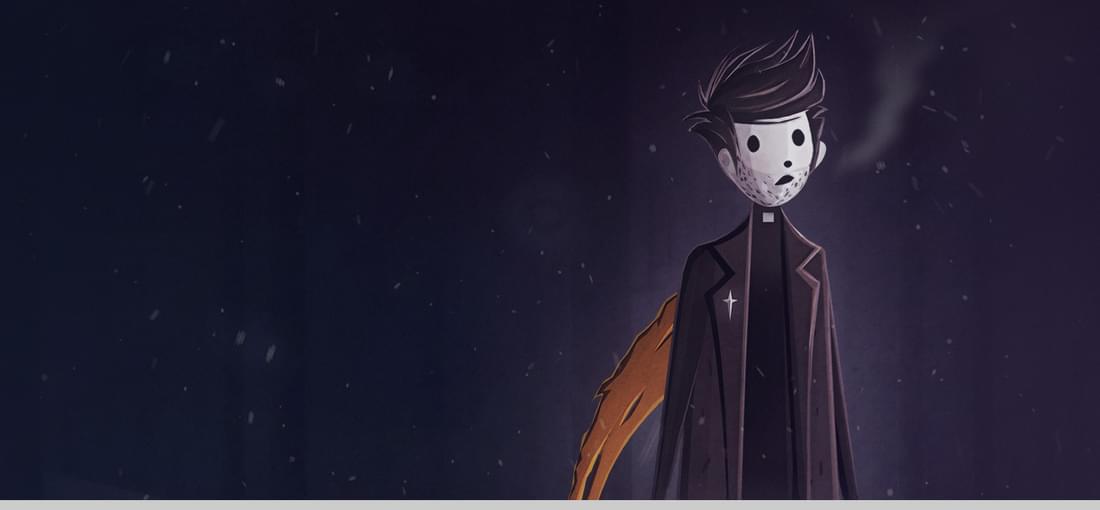
It's a game that can be beaten in about two hours, but these two hours contain a very touching story as well as wonderful soundtrack. I really liked the voices and the brooding atmosphere is somewhere between Tim Burton and Limbo. The puzzles aren't much of a challenge, therefore there's little chance of getting stuck.
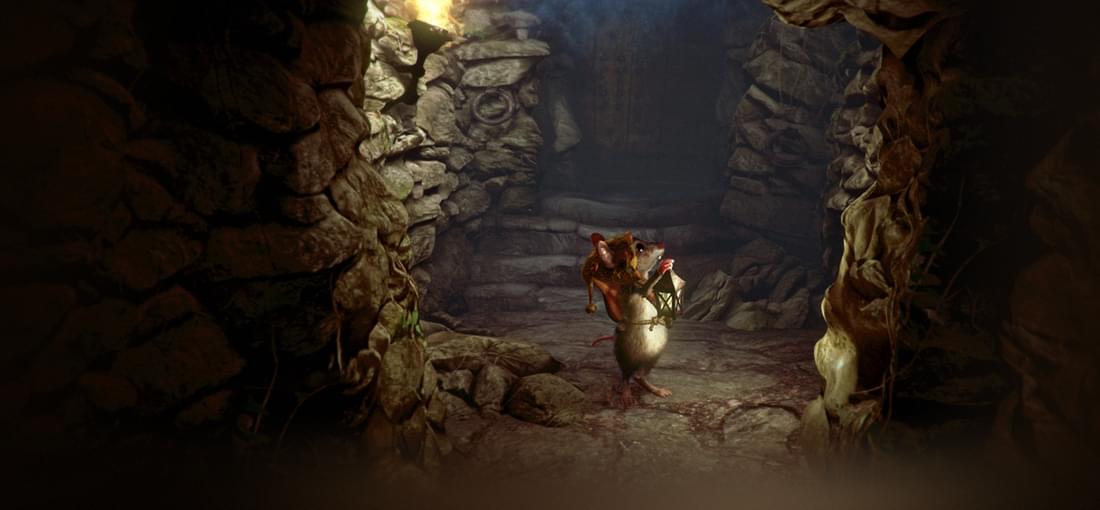
I played it for less than an hour, but Ghost of a Tale already fascinates me. It's a Thief kind of game with your protagonist (Tilo) being frail and small. Tilo has to hide, steal and solve puzzles to progress through the game. Obviously it is a game made with love. You can see all these small things like bugs or mushrooms that you can find in the prison corridors and eat. They seem to be right in place where they would have been in real life. The atmosphere balances between hilarious and dramatic. While this game may be funny-looking with a mouse minstrel as a hero, it seems to be deep as well. There's lore. For instance, check out this explanation of measures that mice use: 'A "rascal" is an amount of grain a mouse can cram into their mouse while still being able to run two hundred yards without pausing for breath'. That gives me sense of a society behind Tilo. The game is In Development, so there are some glitches (like, for instance, inability to use a normally available item), but I hope these will be fixed soon. There are also camera issues - I wasn't totally happy with its movement and angles, but it's quite manageable. I also hope this game will get more content as the number of quests and NPCs shown in the Statistics sections is kinda low.